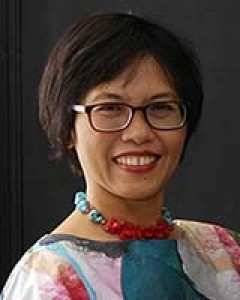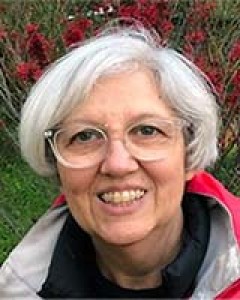Now published, see the full article 
Early Abstract:
Introduction: Retaining the health workforce in rural areas is a global problem. Job dissatisfaction or work-related distress are among the factors that drive doctors to leave rural places. Resilience has been recognized as a key component of well-being and is associated with better satisfaction with life. Building personal resilience has the benefits of lowering vulnerability to work-related adversity.
Aim: This study examined the association between rural doctors’ personal resilience and the duration of rural practice.
Methods: This is a cross-sectional study. A total sampling procedure was implemented. A total of 528 participants responded to an online survey. The survey tool measured six dimensions of a resilience profile (determination, endurance, adaptability, recuperability, comfort zone, and life calling) and collected personal data such as date of birth, practice location, duration of rural practice experience. These participants were classified into four groups: intern, GP with < 5 years, 5-10 years, and > 10 years’ experience. The data were analyzed quantitatively using Oneway ANOVA.
Results: Doctors with longer duration of rural experience showed higher resilience levels in four of the six dimensions of personal resilience (‘endurance’, ‘adaptability’, ‘recuperabilit¬y’, and ‘comfort zone’). Among those four dimensions, ‘endurance’ and ‘comfort zone’ showed significant differences between groups with >10 years of differences in rural experience (p<0.05). The other two dimensions, ‘determination’ and ‘life calling’, were interesting because they showed fluctuations across groups with different rural duration.
Conclusions: This study provides a preliminary result to understand the relationship between personal resilience and the rural doctor’s retention. It suggests that resilience is partly associated with rural doctor’s retention. Further studies are needed to examine the causal relationship between resilience and retention.





